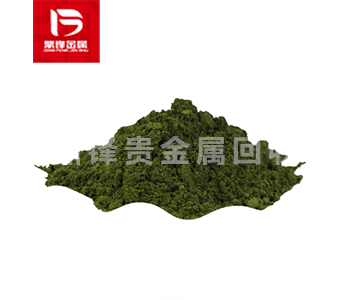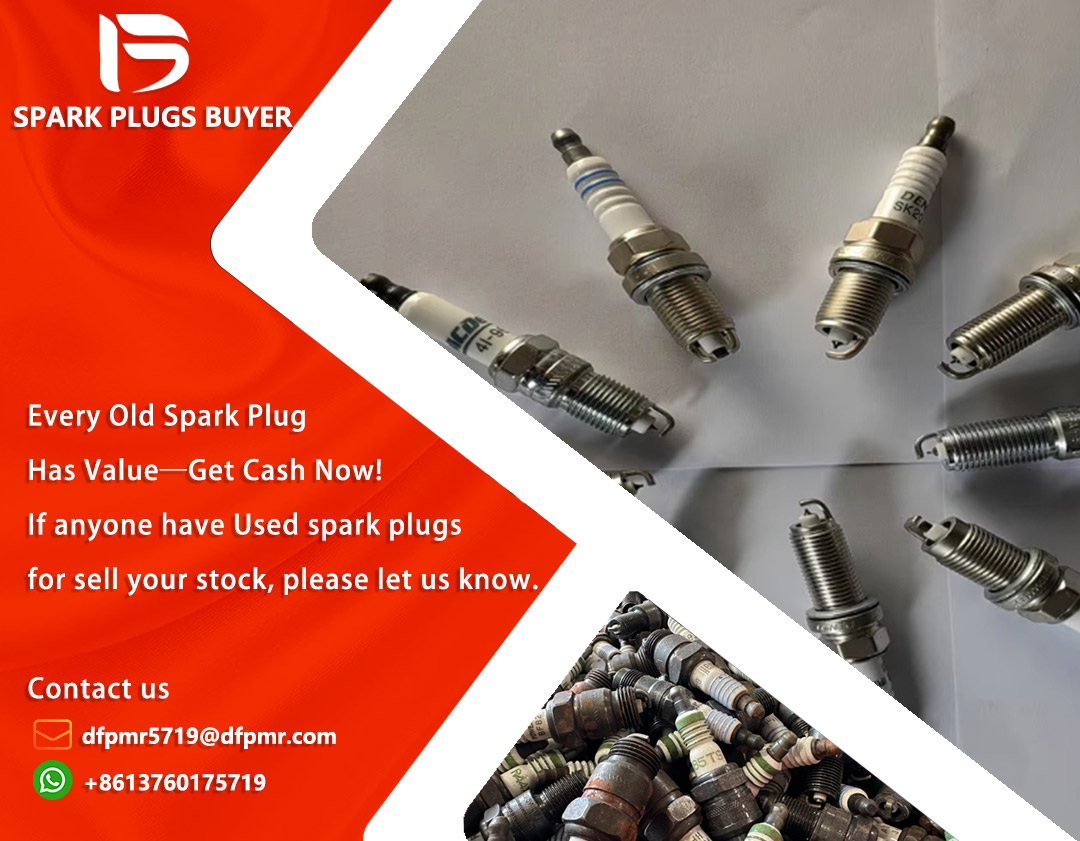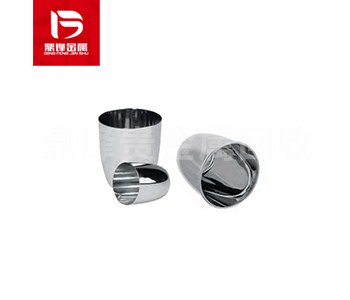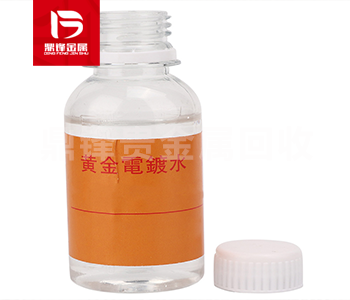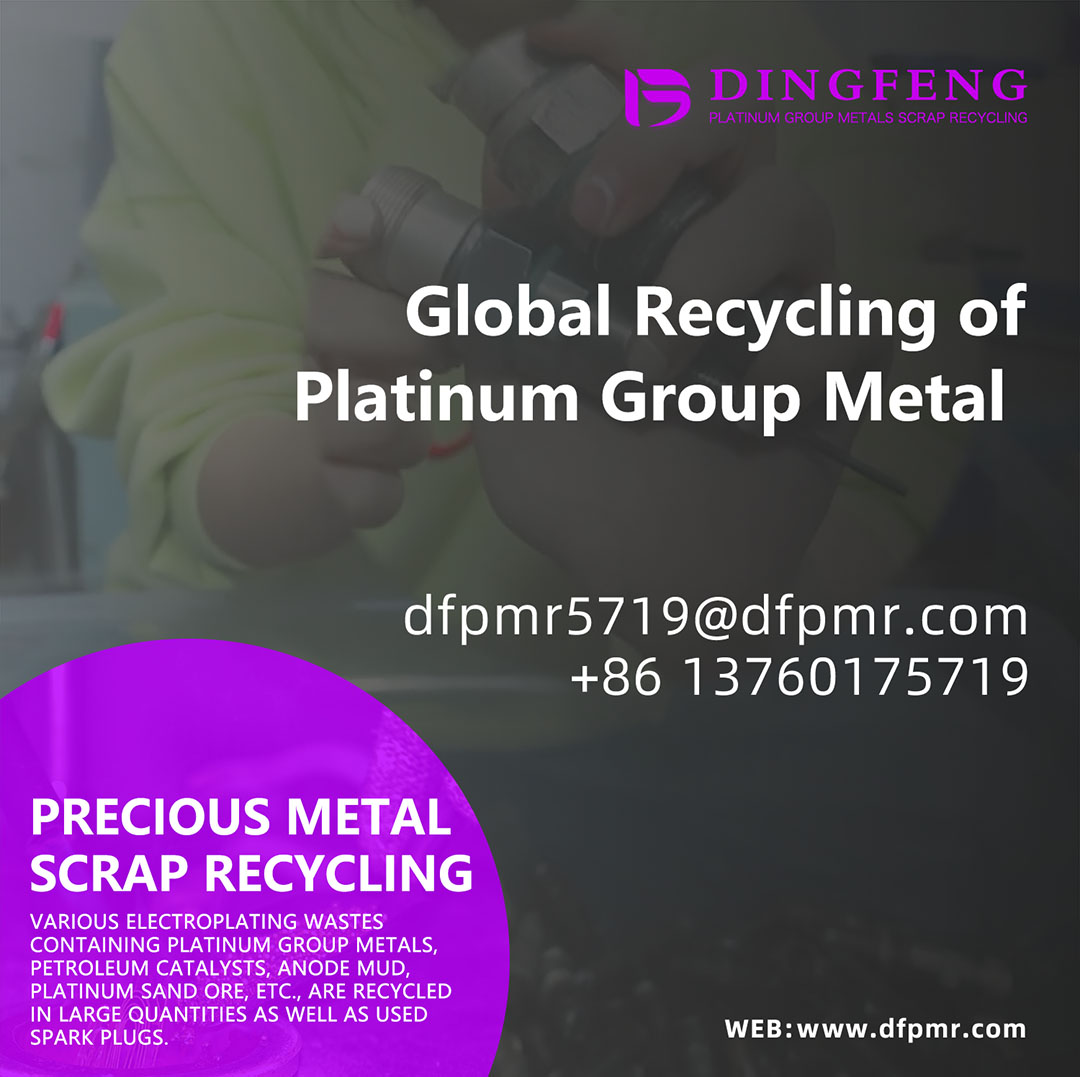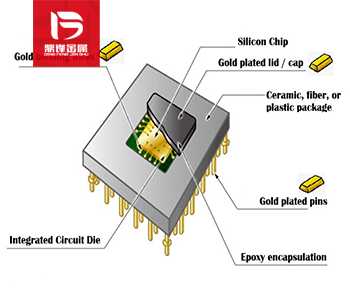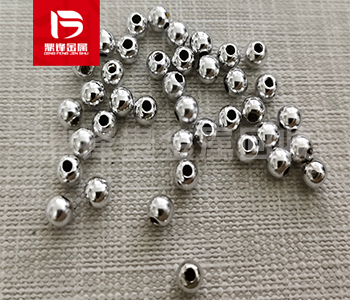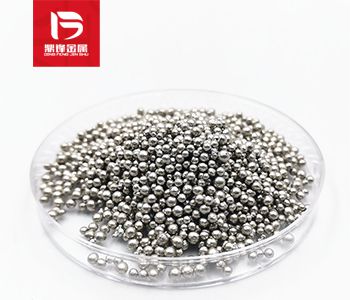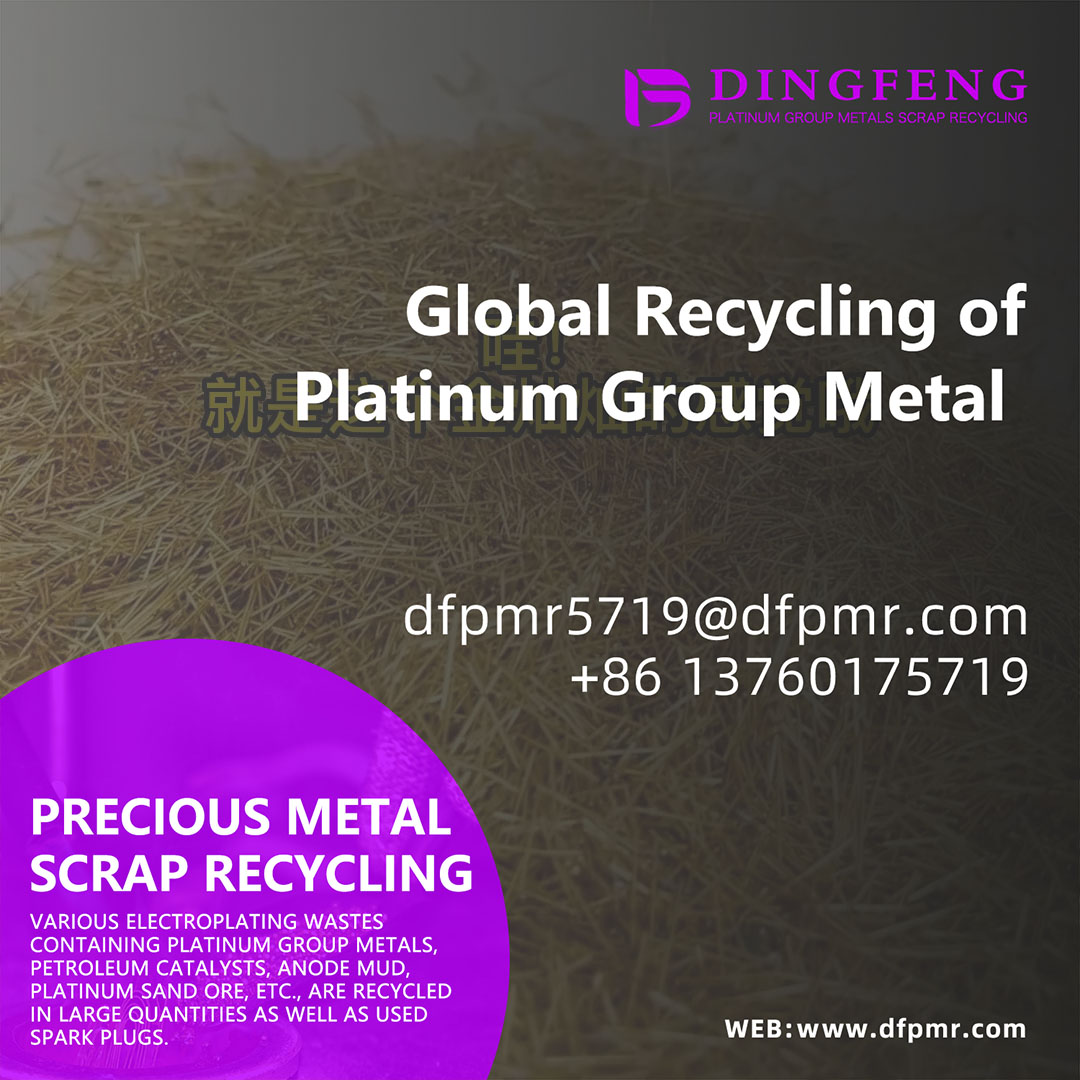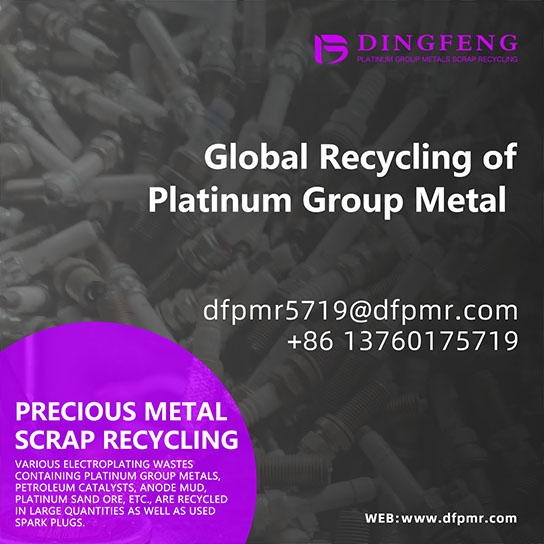Iridium Chloride Recovery: A Key Process in Precious Metals Recycling
Iridium chloride recovery, while complex, is an indispensable part of the precious metals recycling industry. As the demand for iridium continues to grow, refining and improving recovery techniques will remain a priority for businesses involved in precious metals recycling. With proper investment and technological advancement, the recovery of iridium chloride can become even more efficient, ensuring a steady supply of this valuable metal for years to come.
Product Details
Iridium chloride recovery is an essential process in the recycling of precious metals, particularly iridium, a rare and valuable metal used in various high-tech applications. As a member of the platinum group metals (PGMs), iridium is known for its excellent corrosion resistance, high melting point, and remarkable conductivity, making it critical in the production of electronic components, catalytic converters, and specialized industrial equipment. With demand for iridium increasing in sectors like electronics and automotive industries, effective recovery methods have become more important than ever.
Iridium chloride is often found as a byproduct in the recycling of other precious metals, including platinum and palladium. It is usually present in the form of iridium tetrachloride (IrCl₄), a compound formed during chemical refining processes. When recovering iridium chloride, the focus is on efficiently extracting iridium from these byproducts while minimizing waste and maximizing the purity of the recovered metal. Various techniques are employed for iridium chloride recovery, including solvent extraction, precipitation, and electrochemical processes, each offering specific advantages depending on the source material and the scale of the operation.
One of the most widely used methods for iridium chloride recovery is the use of aqua regia, a mixture of hydrochloric acid and nitric acid, which dissolves iridium from ores or residues. After the iridium is dissolved, the solution is treated with other chemicals to precipitate the iridium as a chloride compound. The purity of the recovered iridium chloride depends on several factors, such as the quality of the raw materials, the exact recovery method, and the precision of the refining process. Following recovery, the iridium chloride can be further processed to yield high-purity iridium metal, which is then reused in the production of various devices and components.
The price of iridium plays a significant role in the economics of iridium chloride recovery. As of recent market trends, the price of iridium fluctuates between $4,000 and $5,000 per ounce, although this can vary depending on market conditions and the global supply chain. The rarity of iridium, combined with its high demand, ensures that recovery efforts are economically viable and profitable, even for small-scale operations. When recycling iridium chloride, it is crucial to consider the recovery yield and the efficiency of the recovery process, as this will directly impact the overall profitability of the operation.
Recycling iridium chloride not only offers financial benefits but also contributes to environmental sustainability. By recovering iridium from industrial waste or used electronics, the need for mining new iridium is reduced, helping to conserve natural resources. Moreover, recycling prevents harmful chemicals and metals from being released into the environment, promoting a more circular economy for precious metals.
Iridium chloride recovery, while complex, is an indispensable part of the precious metals recycling industry. As the demand for iridium continues to grow, refining and improving recovery techniques will remain a priority for businesses involved in precious metals recycling. With proper investment and technological advancement, the recovery of iridium chloride can become even more efficient, ensuring a steady supply of this valuable metal for years to come.
Dingfeng Precious Metals Recycling includes precious metals such as gold, silver, palladium, rhodium, platinum, germanium, iridium, ruthenium, etc. This is our business in precious metal recycling. If you have precious metals such as gold, silver, palladium, rhodium, platinum, germanium, iridium, ruthenium that need to be recycled, please contact us and we will provide you with a satisfactory price.
Email us with pictures at dfpmr5719@dfpmr.com or send us on whatsapp at +8613760175719 to discuss your materials. We provide professional evaluations of industrial precious metal-bearing scrap and estimates of precious metal content.


